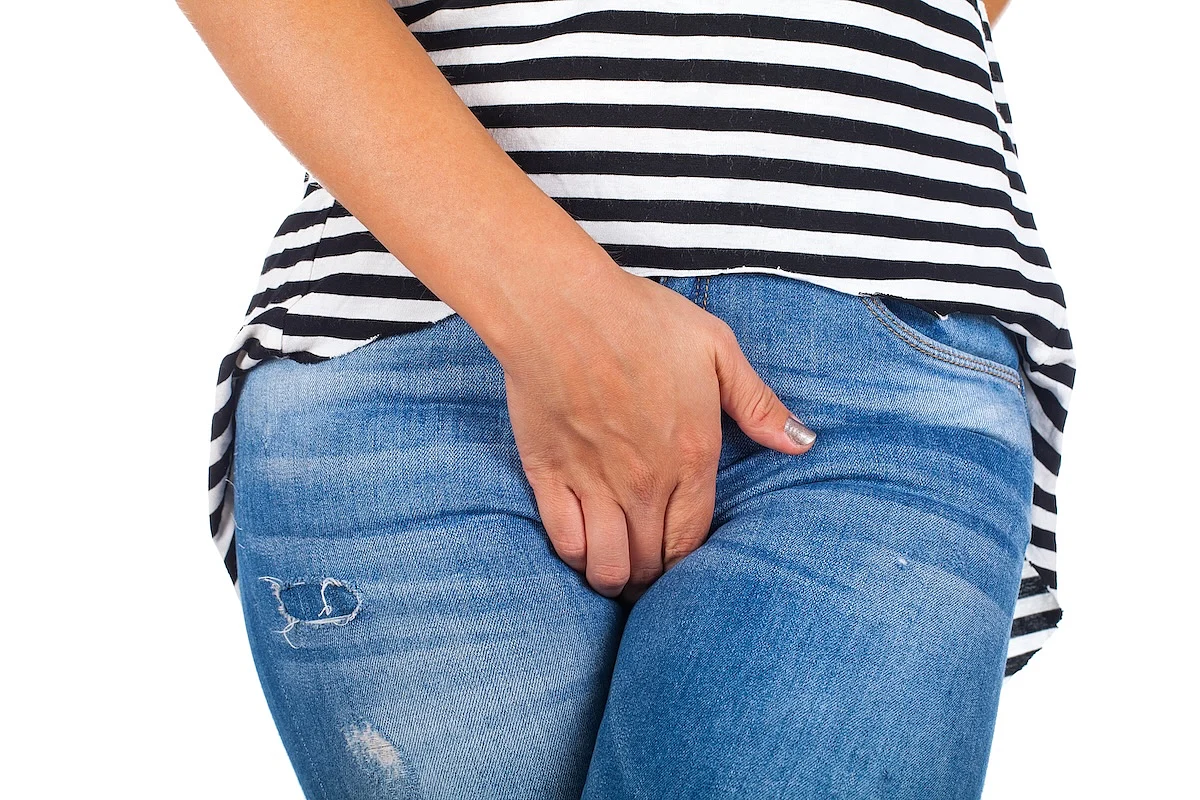Bladder Control Problems? There May Be An App For That
THURSDAY, Sept. 18, 2025 — Having trouble with bladder control? There might be an app for that, researchers say.
Female veterans suffering from urinary incontinence received effective relief using a smartphone app called MyHealtheBladder, researchers reported Sept. 16 in JAMA Network Open.
The app delivered daily sessions over eight weeks, teaching the women about pelvic floor exercises, bladder control strategies, fluid management and self-monitoring, researchers said.
Veterans also got effective help from a telehealth visit with trained urinary incontinence experts, researchers said.
“Women veterans reported improved urinary incontinence symptoms with both remote delivery modalities, with earlier UI symptom improvement reported among women randomized to a mobile health app, compared with a video visit,” concluded the research team led by Dr. Alayne Markland, director of geriatric research and education with the Birmingham VA Health Care System in Alabama.
It can be tough to teach women how to manage urinary incontinence, especially for those living in rural areas with less access to health care, researchers said.
Telehealth provides one potential opportunity to get this info to women, and veterans are a prime group for such an approach, researchers said.
“Telehealth care in the VA has grown from 300,000 veterans served in 2010 with recent expansion reaching 2.3 million veterans in 2022,” researchers wrote. “More than a third of all veterans have received some form of remote care. Women veterans are early adopters of VA video-based care delivery and often experience barriers to accessing clinical care.”
Mobile health apps designed to treat urinary incontinence were already available, but the research team developed MyHealtheBladder specifically to appeal to female veterans with shared military experiences.
To test the app, researchers recruited 244 female vets and randomly assigned them to either work with the app or receive a telehealth consultation with experts. The women were 53 years old on average.
Researchers found that either approach was effective after 12 weeks. Women showed earlier results from the app, but the ultimate difference between the two “was not clinically meaningful.”
They also found that treatment did not improve if the women who were still struggling after eight weeks got a “booster” video consult.
Overall, results show that women can effectively receive help for bladder control issues even if they can’t make it into a doctor’s office, researchers concluded.
“Further research could extend these modalities to broaden access to behavioral urinary incontinence treatment across the VA health care system and in other health care systems,” researchers wrote.
Sources
- JAMA Network Open, Sept. 16, 2025
Disclaimer: Statistical data in medical articles provide general trends and do not pertain to individuals. Individual factors can vary greatly. Always seek personalized medical advice for individual healthcare decisions.
© 2025 HealthDay. All rights reserved.
Read this next
Orange B Food Dye May Soon Be Removed From U.S. Market, FDA Says
THURSDAY, Sept. 18, 2025 — Federal health officials want to take Orange B — an artificial food dye that hasn’t been used in more than four decades — off...
OpenAI Launches Teen-Safe ChatGPT With Parental Controls
THURSDAY, Sept. 18, 2025 — Teenagers chatting with ChatGPT will soon see a very different version of the tool — one built with stricter ways to keep them safe online...
Boar’s Head Faces Pressure From Congress Over Plans to Reopen After Listeria Deaths
THURSDAY, Sept. 18, 2025 — Federal officials are raising concerns about whether a Virginia Boar’s Head deli meat plant, linked to last year’s deadly listeria...
More news resources
- FDA Medwatch Drug Alerts
- Daily MedNews
- News for Health Professionals
- New Drug Approvals
- New Drug Applications
- Drug Shortages
- Clinical Trial Results
- Generic Drug Approvals
Subscribe to our newsletter
Whatever your topic of interest, subscribe to our newsletters to get the best of Drugs.com in your inbox.


